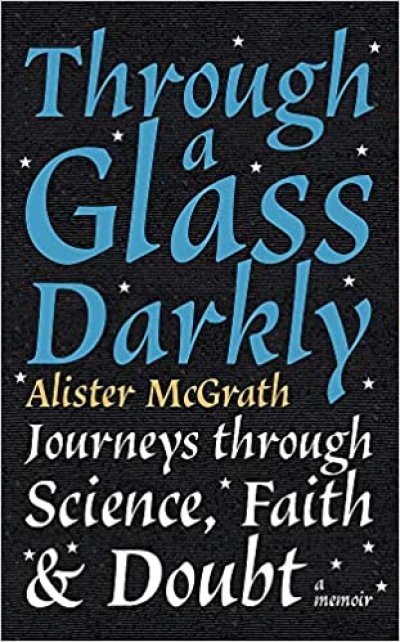This is a gentle, modest and humane book by one of the leading theologians in the UK today. It absorbed a Sunday and stimulated, encouraged and challenged. The flow of the book is hugely helped by the careful fluency of the text and its skilled organisation of themes, ideas and influences. In particular the memoir deals with the intellectual relationship between science and religion. it maps the journey from Northern Ireland to Oxford and a conversion to faith. It is a life story of a restless searcher after truth. A testimony of living well in the face of uncertainty. It is apologetics of the best (and most convincing ) kind.
We learn of a secure childhood and schooling that nurtured an inquisitive mind. A voracious reader who was moved by the mystery of the stars and asks his reader about meaning, significance and truth. An interest in Marx – though not as far as we know drawn into politics – was an influence as it persuaded him that religion was a human invention arising from existential need. He is open for his need for certainty and the journey of change that was shaped by science. The intellectual quality of the claims of Christianity drew him to faith and a life of ministry and teaching.
C S Lewis was a major influence. McGrath is excited by the vision and excitement of Lewis’s vision and fluency and the way he holds a range of unanswered questions. There is honesty about doubt and the need for us to live with uncertainty, paradox and complexity. Christianity drew him in as it offered a wider and deeper vision.
After completing his D Phil in science McGarth moved into theology. The quality of his mind, heart and intellect is obvious. He commits himself to knowing the range of evidence that opens us questions and embraces the complexity of the ways the evidence of God helps us to hold life together and enables us to live with a measure of complexity.
Part three (‘Old Questions, New Insights: Living on the Island of Faith’) is compelling and persuasive. it captures a journey of exploration and discovery. There is a deep sense of gentle humility as he explores the nature of God and the vision of Christianity. We are invited to expand our mind to comprehend God.
I shall go back to Lewis encouraged by McGrath and share this book with a number of people who are asking searching questions about the rationality of faith. I hope that it might encourage us all to consider the intellectual influences on our life. How can we nurture curiosity about ideas and meaning making ? What would your faith memoir look like ?


